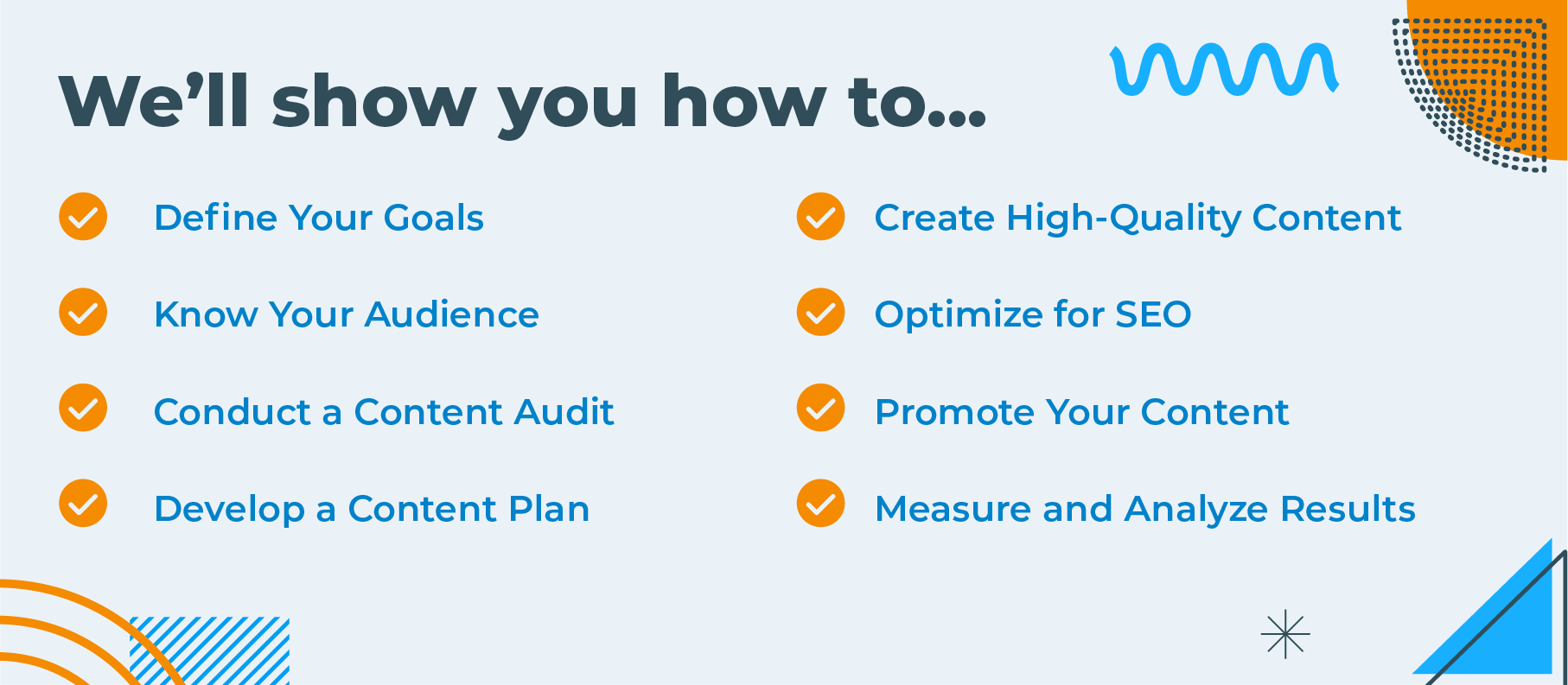Creating an effective small business content marketing strategy is essential for attracting and retaining customers in today’s digital landscape. By leveraging the power of content, small businesses can build brand awareness, establish authority, and drive traffic to their websites. This guide will walk you through creating a content marketing strategy tailored to your small business needs.

Understanding Content Marketing
Content marketing involves creating and sharing valuable content to attract and engage a target audience. Unlike traditional advertising, content marketing focuses on providing relevant and helpful information to your audience, helping to build trust and loyalty over time.
Steps to Create a Small Business Content Marketing Strategy
1. Define Your Goals
Before you start creating content, it’s essential to define your goals. What do you want to achieve with your content marketing efforts? Common goals include:
- Increasing brand awareness
- Driving website traffic
- Generating leads
- Boosting sales
- Building customer loyalty
2. Know Your Audience
Understanding your target audience is crucial for creating relevant and engaging content. Conduct market research to identify your audience’s demographics, interests, and pain points. Create buyer personas to represent different segments of your audience, which will help you tailor your content to meet their needs.
3. Conduct a Content Audit
If you already have some content, perform a content audit to evaluate its performance. Identify which pieces of content are performing well and which ones are not. This will help you understand what types of content resonate with your audience and where gaps must be filled.
4. Develop a Content Plan
A content plan outlines the types of content you will create, the topics you will cover, and the channels you will use to distribute it. Consider the following elements when developing your content plan:
- Content Types: Blog posts, videos, infographics, podcasts, social media posts, etc.
- Topics: Choose topics that align with your audience’s interests and business goals.
- Publishing schedule: Determine how often you will publish new content and create an editorial calendar to keep track of your content production.
5. Creating High-Quality Content

A content plan outlines the types of content you will create, the topics you will cover, and the channels you will use to distribute it. Consider the following elements when developing your content plan:
- Relevant: Address the needs and interests of your target audience.
- Valuable: Provide helpful information, tips, and insights.
- Engaging: Use storytelling, visuals, and interactive elements to keep your audience interested.
6. Optimize for SEO
Search engine optimization (SEO) ensures your content is discoverable online. Use the following SEO best practices:
- Keyword research: Identify keywords related to your business and incorporate them naturally into your content.
- On-page SEO: Optimize your titles, meta descriptions, headers, and images for search engines.
- Internal linking: Link to other relevant content on your website to keep visitors engaged and improve your site’s SEO.
7. Promote Your Content
Creating great content is only half the battle. You also need to promote it to reach a wider audience. Use a mix of the following promotion strategies:
- Social media: Share your content on platforms where your audience is active.
- Email marketing: Send your content to your email subscribers.
- Influencer partnerships: Collaborate with influencers to expand your reach.
- Paid advertising: Use paid ads to boost your content’s visibility.
8. Measure and Analyze Results

Track the performance of your content marketing efforts to see what’s working and what isn’t. Use tools like Google Analytics and social media insights to measure key metrics such as traffic, engagement, and conversions. Analyzing your results will help you refine your strategy and make data-driven decisions.
Creating an effective small business content marketing strategy involves careful planning, consistent execution, and ongoing optimization. By understanding your audience, producing high-quality content, and promoting it effectively, you can build a strong online presence and achieve your business goals. Start implementing these steps today and watch your small business grow through the power of content marketing.
Looking for help creating your business’s content marketing strategy? Let us help! Contact us today!











